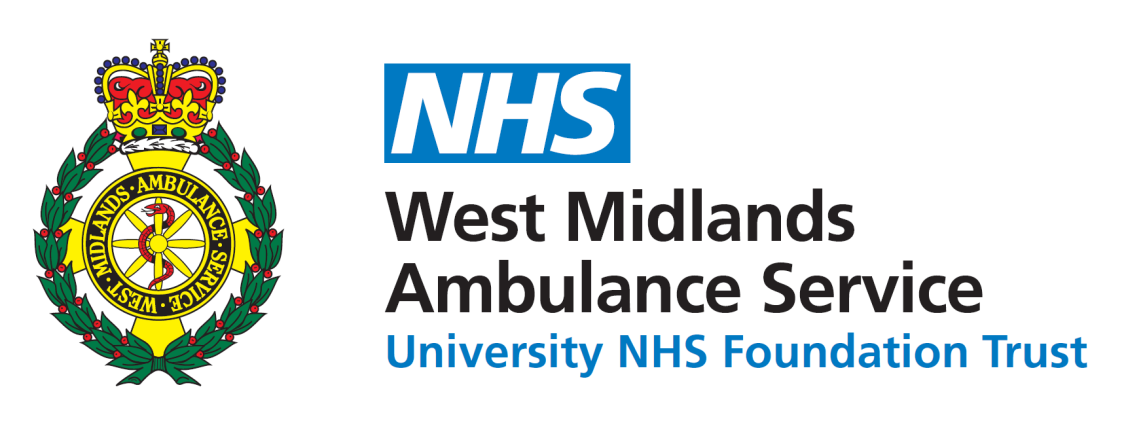Health Data Research UK (HDR UK) has today published Improving UK Health Data: Impacts from Health Data Research Hubs – a compelling report setting out the progress of its seven hubs from launch in October 2019 to the present day. Via the Covid-19 pandemic, it’s been complex challenge – but as Professor Liz Sapey, PIONEER’s Director explains, there have been plenty of successes along the way.
October 2019 saw the launch of a UK-first network of hubs: centres of excellence in data and open innovation tasked with developing health data research and using insights from that data to tangibly improve people’s lives. The aim was to create a transparent, single ‘front door’ to health data for research in the UK, and PIONEER was formed to bring together – safely and securely – datasets on acute care.
First though, a look at the headlines from across the hub project. Since launch, PIONEER and its six sister hubs have:
- Made 157 datasets available to researchers
- Delivered >300 projects
- Interacted with more than 20,000 patients and members of the public
- Provided 2,300 training activities
The report notes how challenging it has been to deliver our shared objectives against a backdrop of a global pandemic, with the UK lockdown coming just five months after our launch. Despite this, HDR UK have highly commended the hubs for swiftly repurposing the resources they were curating to understand the impact of Covid-19.
Nowhere was this more relevant than in acute care – defined as any unplanned or emergency contact with healthcare providers, acute care bore the brunt of the impact as the virus swept the nation. PIONEER led 12 projects across NHS, academia and industry, including designing and implementing a fully-electronic screening and management system and real-time Covid-19 dashboard. This dashboard provided a fast-track screening tool for nationally-prioritised clinical trials, supporting >10,000 recruitments for the NIHR Clinical Research Network.
Open science
We also mobilised an alliance with colleagues at University College London (UCL), UCL Hospitals (UCLH) and the Alan Turing Institute to form DECOVID, which curated and housed matched Covid data from the four University Hospitals Birmingham sites with UCLH. These data were used to answer freely submitted questions (an ‘Open Science’ approach) with analysts from across the country focusing on varying aspects of wave 1, 2 and 3 disease. Separately, PIONEER shared our Birmingham Covid data with other academic centres and organisations such as the West Midlands Applied Research Collaborative, ONS, and the BHF Cardiovascular HIC, contributing to national research priorities.
As busy as we were with Covid, we and our sister hubs have also undertaken projects to inform UK policy decision, created tools to improve clinical decision making, and driven research in multiple disease areas. In PIONEER’s case, working with healthcare professionals and pharmacists, we identified the increased risk of venous thromboembolism – blood clots in the veins – with Covid, and helped adapt treatment pathways to prevent them – which have been shared with over 60 hospitals worldwide to date.
Future pipeline
The pace of work certainly isn’t slowing as we collectively take a deep breath and reflect on the past year. We have a future pipeline of datasets, including acute presentations of rare diseases, cancers, ambulance and primary care, and have increased our data modalities – including clinical imaging like CT scans and X-rays to complement our rich, diverse structured data. Next, our AI team are working on Natural Language Processing of free text, enhancing our offer, and in the commercial space we have 4 quotations under review and 12 enquiries in development. These projects range from building tools for acute care pathways, to identifying rare metabolic diseases, to risk stratification for patients prior to unplanned surgery.
Patient and public involvement
None of this would be possible without our Data Trust Committee – the diverse and inclusive group of patients and members of the public, who review every data access request and make decisions based on the Five Safes and, ultimately, the public’s best interest. Their guardianship of PIONEER’s data and the protocols and procedures they have helped us design have again been highly commended by HDR UK, as has our guide to PPIE best practice, which helps researchers include patients and the public in all projects which use our data. From inception, PIONEER has involved patients and public members. This included understanding our community’s hopes and fears around health data and the processes they would trust, with questionnaires and workshops with >350 public members whose diversity reflects our community – and this work will continue as we grow.
In closing, I share feedback from John Jeans, Chair of the Digital Health and Social Care Innovation Centre: “The Hubs are already demonstrating the huge potential value of health data for people across the UK and for society as a whole. It has been fantastic to see the progress being made to improve health data, something that has always presented a major challenge given the fragmentation of this data worldwide.
“This is a real boost for society, the life sciences industry and academia.”
You might also be interested in:
- What data do we have? Explore our specialist datasets through our infographics
- Where is our data being used? Find out about successful data access requests and research projects
- 12 things we’ve learnt about Covid-19 from health data research




